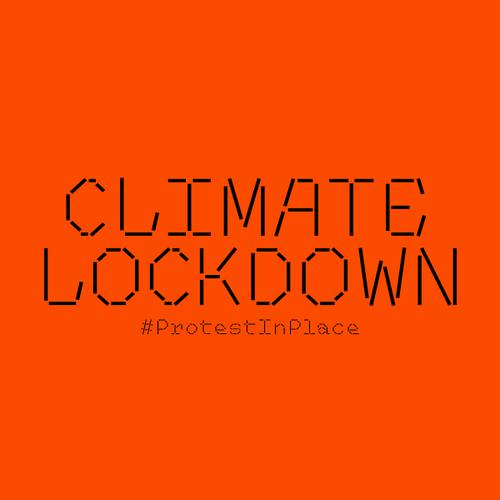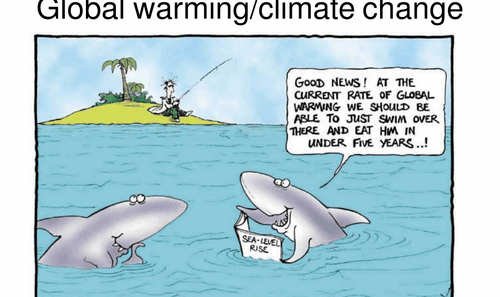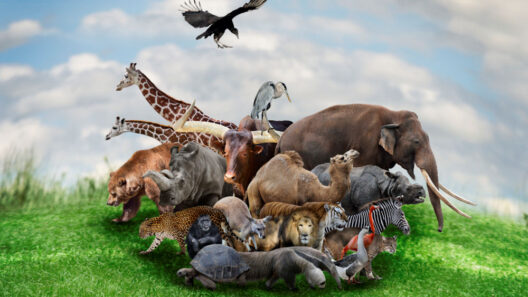In an era marked by escalating climate crises, the impact of dietary choices on global warming cannot be overstated. The notion of adopting a vegan lifestyle transcends mere culinary preference; it emerges as a robust pathway for reducing one’s carbon footprint. This exploration delves into the multifaceted relationship between diet and environmental sustainability, elucidating the patterns of consumption that contribute to climate change and presenting compelling reasons to embrace veganism for a cooler planet.
To comprehend the environmental ramifications of our eating habits, one must first grasp the intricate processes involved in food production. Animal agriculture stands as a significant contributor to greenhouse gas emissions, accounting for nearly 15% of global emissions. Livestock farming requires vast tracts of land and immense quantities of water, leading to deforestation, water scarcity, and soil degradation. The cultivation of animal feed alone demands enormous resources, exacerbating the strain on our planet’s ecosystems. This reality propels the conversation toward plant-based diets, which offer a myriad of environmental benefits.
Transitioning to a vegan diet can substantially lower one’s carbon emissions. A comprehensive study revealed that individuals who adopt a strictly plant-based diet can reduce their carbon footprint by up to 70%. This enormous reduction stems from the decreased reliance on resource-intensive meat and dairy products. Moreover, plant-based foods typically require less energy to produce, thus offering a sustainable alternative without compromising nutritional value.
One might observe a general fascination with the idea of forgoing animal products. This intrigue, however, is often rooted in more profound inquiries regarding ethical consumption and the intrinsic link between agriculture and environmental degradation. The ethical implications of factory farming invoke a sense of moral obligation. As consumers grapple with the reality of their food sources—often hidden behind the veils of marketing—they may find themselves drawn to veganism not solely for health benefits but as a means of aligning their actions with their values regarding animal rights and ecological stewardship.
The ecological advantages of a vegan diet extend beyond reductions in greenhouse gas emissions. Such dietary choices promote biodiversity preservation. The livestock sector significantly contributes to habitat destruction, threatening countless species with extinction. By curbing meat consumption, individuals advocate for the protection of natural ecosystems and promote a more varied agricultural landscape, fostering resilience against climate change.
Additionally, the water savings associated with a vegan diet are noteworthy. It takes approximately 1,800 gallons of water to produce a single pound of beef, while vegetables and grains require significantly less water. Shifting to plant-based diets can lead to a substantial reduction in water consumption, which is imperative as many regions face acute water scarcity due to climate change. Thus, choosing plant-based meals not only aids in conserving precious resources but also enhances food security.
Furthermore, the health benefits derived from a vegan diet align seamlessly with its environmental advantages. A diet rich in fruits, vegetables, whole grains, and legumes has been linked to lower rates of chronic diseases, including heart disease, obesity, and type 2 diabetes. These health improvements can reduce the burden on healthcare systems and contribute to a healthier populace, ultimately fostering a society that can engage more actively in combating climate change.
Despite these compelling arguments, transitioning to a vegan lifestyle can present its challenges. Cultural norms and deeply ingrained culinary traditions often dictate dietary choices. However, as awareness of climate change increases, an unprecedented cultural shift is occurring, one that embraces sustainability and promotes innovative alternatives to traditional meals. This transition can promote culinary creativity as new recipes and food products emerge, emphasizing meals that are both delicious and environmentally friendly.
Moreover, education plays a crucial role in fostering this transformation. As individuals become more informed about the environmental consequences of their food choices, they may develop a greater appreciation for plant-based diets. Initiatives aimed at educating people on sustainable agriculture and the benefits of veganism are essential in fostering a societal shift toward greener eating habits. Collaborating with local communities and organizations can amplify awareness and encourage participation in sustainable practices.
In juxtaposition to the emergent trend of plant-based diets, it is paramount to recognize the importance of systemic change in the food industry. Policymakers must prioritize sustainable agricultural practices, supporting local farms and advocating for regulations that promote environmentally friendly production methods. Incentives for plant-based alternatives should be enabled, making it easier for consumers to make sustainable choices. The appeal of a vegan diet can significantly swell if supported by accessible, affordable, and delicious options.
In conclusion, embracing a vegan diet stands as a potent strategy for mitigating climate change and fostering environmental sustainability. The myriad benefits—from reducing greenhouse gas emissions and conserving water to promoting health and biodiversity—present a compelling case for individuals to reconsider their dietary habits. The interplay between personal choices and global impact underscores the urgent need for a collective response to climate change. By exploring the realms of ethical consumption and environmental stewardship, one can cultivate a deeper understanding of how simple dietary changes have profound implications for the health of our planet. As the planet grapples with the consequences of climate change, going vegan emerges not merely as a dietary choice but as a resolute commitment to a cooler, more sustainable world.







